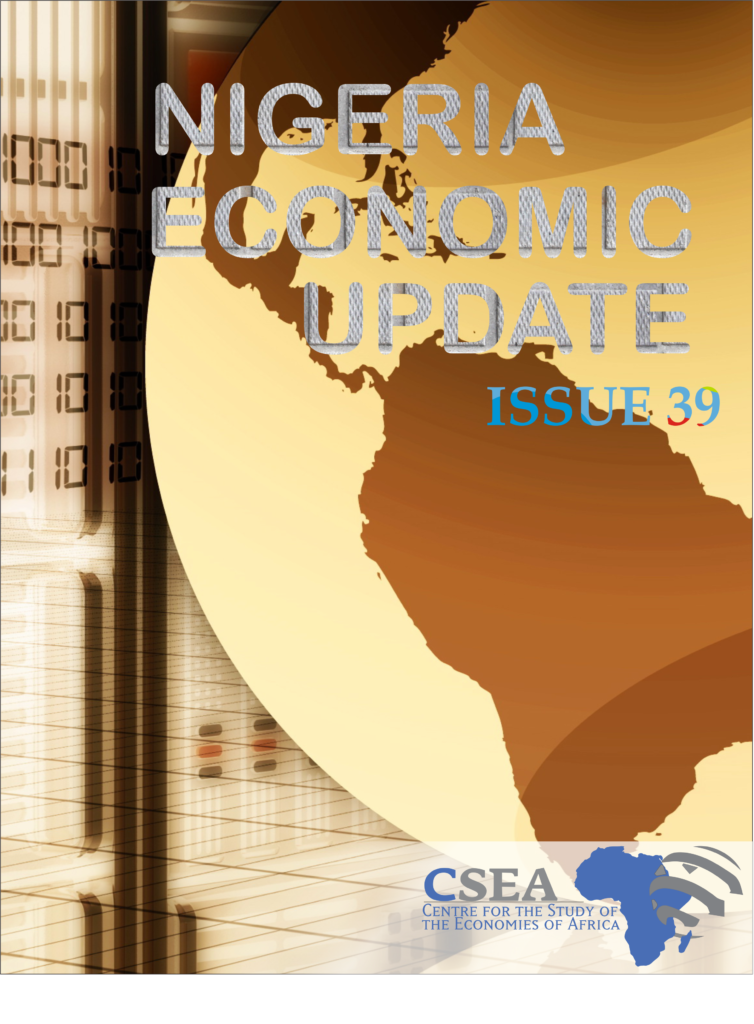Nigeria’s all products terms of trade (calculated as the receipts of exports as a percentage of payments for imports), indicated increases in the three months of 2018Q2. Indexed at an average of 110.8% in 2018Q21, the favourable TOT reflects improvement from an average of 99.2% in 2018Q1. A further breakdown shows that TOT indices for April, May and June stood at 100.5%, 111.1% and 109.2% respectively which implies that the value of exports exceeded imports by 0.5%, 11.1% and 9.02% in each of the months. The positive trade position is attributable to improvements in mineral, animal and vegetable products group, as reported. With renewed interest in the Agric and mineral sectors by the government and private sector, we expect an improvement in the trade position.
Macroeconomic Report & Economic Updates

October 15, 2018
Nigeria Economic Update (Issue 39)
Nigeria’s all products terms of trade (calculated as the receipts of exports as a percentage of payments for imports), indicated increases in the three months of 2018Q2. Indexed at an average of 110.8% in 2018Q21, the favourable TOT reflects improvement from an average of 99.2% in 2018Q1. A further breakdown shows that TOT indices for […]
Read →
Related
Nigeria Economic Update (Issue 26)
Power sector statistics indicates a huge decline in power generated in the week under review (June 23, 2017 to June 30, 2017). Power generated, attained a peak of 4,305 MW on June 23, 2017 but fell significantly by 33.1 percent to approximately average of 3,000 MW as at June 30, 2017. The huge decline is attributable to continued poor payment and inability of most GENCOs to pay for gas supply and a system collapse. Consequently, power sector lost huge prospective funds; and daily power supply reduced to 4.5 hours per day7. Going forward, improvement in energy supply is critical to domestic production, job creation, and diversification agenda of the government.
